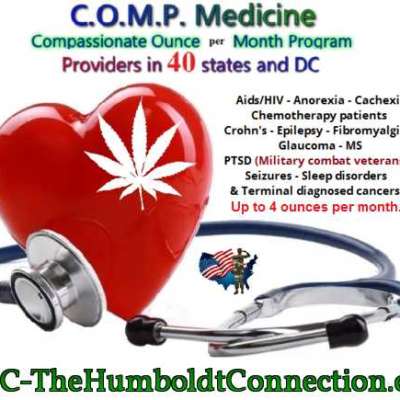
www.dailysignal.com
Compassion or Coercion? What Is the Role of Government in a Free Society?
In the ongoing debate about the role of government in addressing societal issues, a crucial misconception often surfaces on one side: The desire to help others equates to a mandate for state intervention. Advocates for increased government action frequently ignore the vital distinction between voluntary assistance and coercive mandates. The belief that government can—or should—serve as the ultimate arbiter of compassion neglects the fundamental principle that true generosity arises from individual choice rather than compulsion.
Those advocating for increased government intervention often exhibit a profound misunderstanding about the nature of help. They seem to believe that the mere desire to assist equates to a moral imperative for the state to act—often through coercive means. This reliance on government as the ultimate solution tends to obscure an essential principle: the freedom of individuals to choose how, or whether, to help.
Consider the uproar over the Trump administration’s proposal to shutter the U.S. Agency for International Development. We must recognize that the advocates for the agency’s continuation—despite clear instances of squandered taxpayer dollars—are often motivated by a sincere, albeit misguided, impulse to alleviate the suffering of others.
This situation starkly highlights a key principle of a civil society: that support for one another ought to stem from a voluntary commitment born of mutual obligation. Charity and assistance should arise from an individual’s choice rather than compulsion, because when government steps in, demanding compliance through taxation and regulation—as it does for funding agencies like USAID—it inevitably replaces genuine altruism with coercion.
Encounters with advocates of coercive measures in the name of social justice reveal an important truth: Those who endorse such measures often overlook the implications of their rhetoric. If one is convinced that genuine change must originate from government action, they must grapple with the uncomfortable fact that these actions require a readiness to impose force on others. Consequently, the supposed benevolence of these proposed solutions becomes problematic when it endangers the very liberties one claims to uphold.
The essence of this dialogue invites us to rethink our approach. Discussions should not arise from a place of animosity or suspicion; rather, they should acknowledge the good intentions that may underlie differing views, regardless of how naive they may appear. While people may be convinced of the altruism of their motives, it is crucial to expose the coercive mechanisms that such beliefs often entail.
This leads us to the crux of the matter: Liberty without responsibility fosters chaos. The idea that individuals should have the freedom to make their own choices is inseparable from the principle that they must also bear the consequences of those choices. Allowing compassion to devolve into coercion threatens the very fabric of a free society.
Ultimately, this discourse offers an invitation for greater introspection, not just for those who advocate state-led solutions but also for champions of individual liberty. Continuous assessment of whether our methods align with our ideals is essential. True compassion does not impose; it empowers. As we engage in these critical conversations, let us strive for a shared goal: fostering true freedom—freedom that honors individual rights while cultivating a civil society grounded in responsibility.
This commentary was inspired by a speech given by Virginia State Del. Nick Freitas (R-Culpeper). For better context, watch the video here.
We publish a variety of perspectives. Nothing written here is to be construed as representing the views of The Daily Signal.
The post Compassion or Coercion? What Is the Role of Government in a Free Society? appeared first on The Daily Signal.














